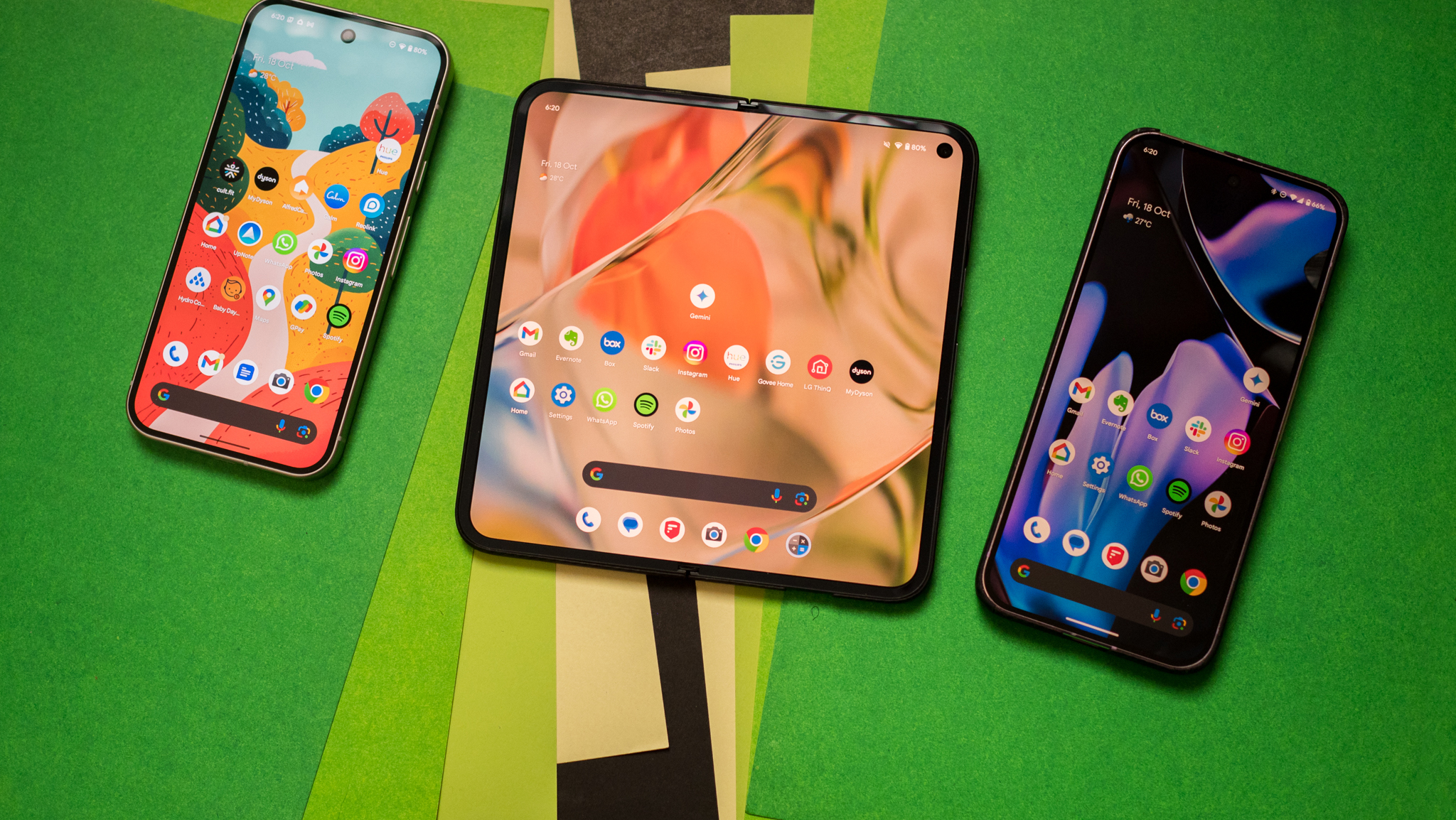Motorola One Hyper hands-on: All the megapixels $400 can buy
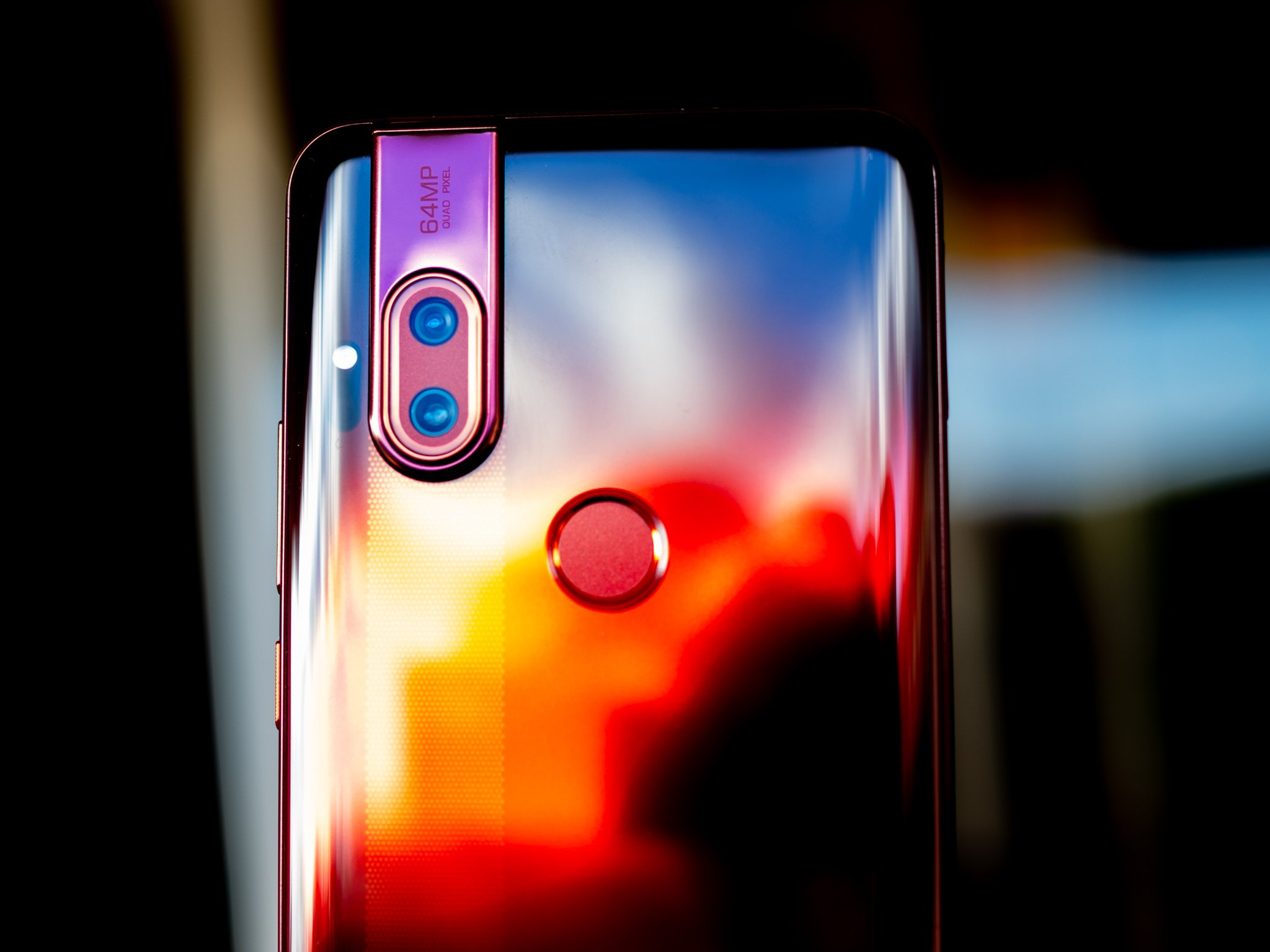
The Motorola One phone strategy lately seems to revolve around releasing nice-looking but largely generic designs that iterate in minor ways over previous versions. It's a deliberately different approach to what's going on with RAZR, which is wholly unique and, though not without controversial designs, extremely exciting.
Here at Qualcomm's Snapdragon Tech Summit in Hawaii this week, Motorola brought us behind closed doors to show off yet another entry into its Motorola One lineup, the pop-up-camera-sporting Hyper, which is available today for $400 on Motorola.com.
Like all the phones in this quickly-growing segment, the Hyper is, well, hyper-focused on the camera experience, this one sporting a 32MP pop-up selfie camera along with a 64MP main sensor on the back. The embedded pop-up camera also gives Motorola the opportunity to give its first phone an unobstructed border around the 6.5-inch display, which the company is calling Total Vision.
So the phone exists alongside four other One-branded phones, differentiated by only a few notes on a spec sheet. Does that mean you shouldn't buy it? Not at all — it actually has a lot of things going for it, and may be one of the better $400 devices you can buy right now.
The screen is really, really big
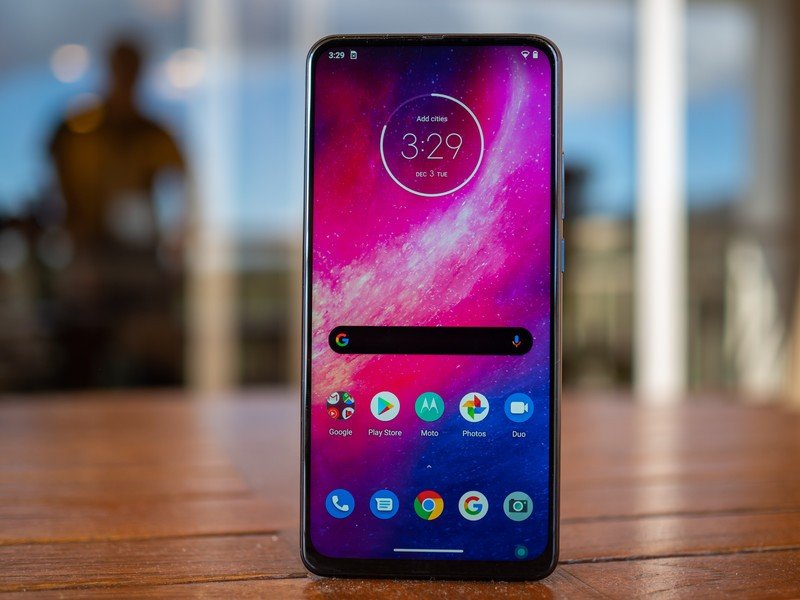
Hyper is easily the biggest of the Motorola One devices, though only by a few millimeters in either direction over the One Zoom. Still, its 6.5-inch LCD panel is the star of the show, and though the resolution is only 1080p, it looks and, more importantly, feels really nice to use.
It runs Android 10 out of the box...
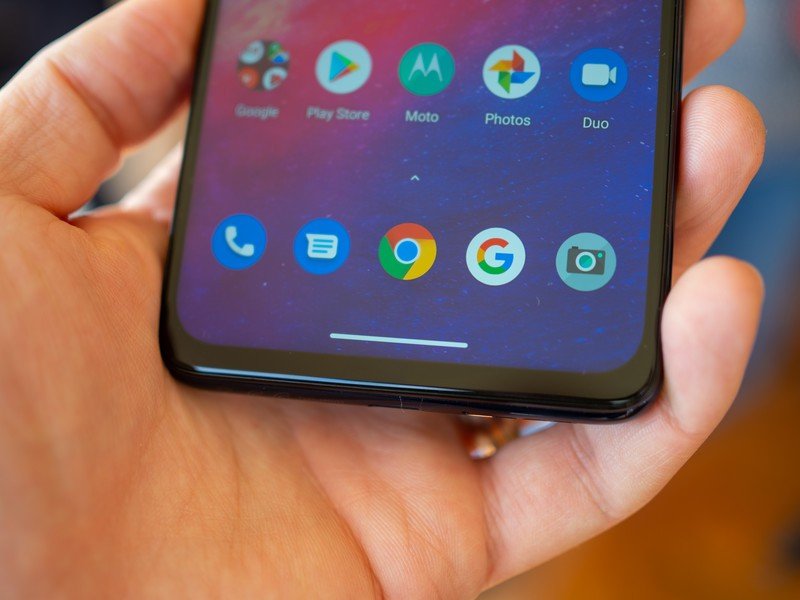
This is the first Motorola phone to run Android 10 out of the box, replete with Dark Mode and the official, superior gestures to what Motorola offers with One Nav on its current phones (don't @ me, One Nav lovers).
I had a chance to use the build for a bit and I'm genuinely excited to get it on my other Motorola phones (eventually). It feels super fast and fluid, and is exactly the speed boost these mid-range chips need.
Be an expert in 5 minutes
Get the latest news from Android Central, your trusted companion in the world of Android
...but it doesn't run Android One
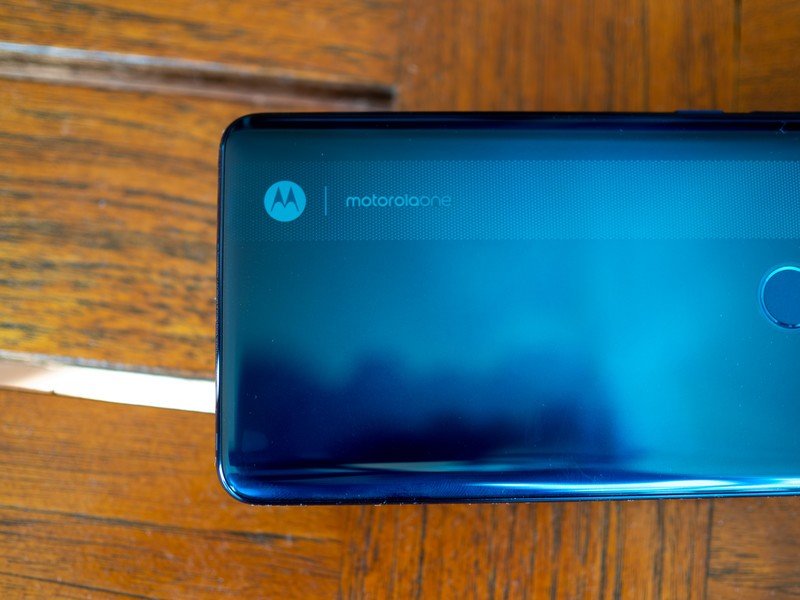
One of the biggest head-scratchers around the Motorola One series is how it started in 2018 as a way for the company to showcase the "pure" version of Android that many people were increasingly looking for from manufacturers in the budget space. Nokia had transitioned all of its phones to Android One and Motorola likely felt some pressure to follow suit.
But with the Motorola One Zoom, and in the U.S. the One Action, the "One" moniker stopped meaning Android One, though visually the software builds were indistinguishable. But when manufacturers contract with Google to load Android One on their phones, they agree to a number of stipulations, including two platform version updates and two years of monthly security patches, as well as a commitment to endorse a clean, bloatware-free version of Android.
Motorola said that feedback from its early Android One user base wasn't entirely positive. Many people didn't like the cadence of monthly updates, and big-ticket changes with platform updates — Android 10's gestures, for example — often annoy more than delight the average consumer. I'm not totally on board with that explanation, but it makes sense given that many of Motorola's phone users are just looking for a phone first, smartphone second, and don't really want the software experiences that come with it.
The hardware is fine for the price
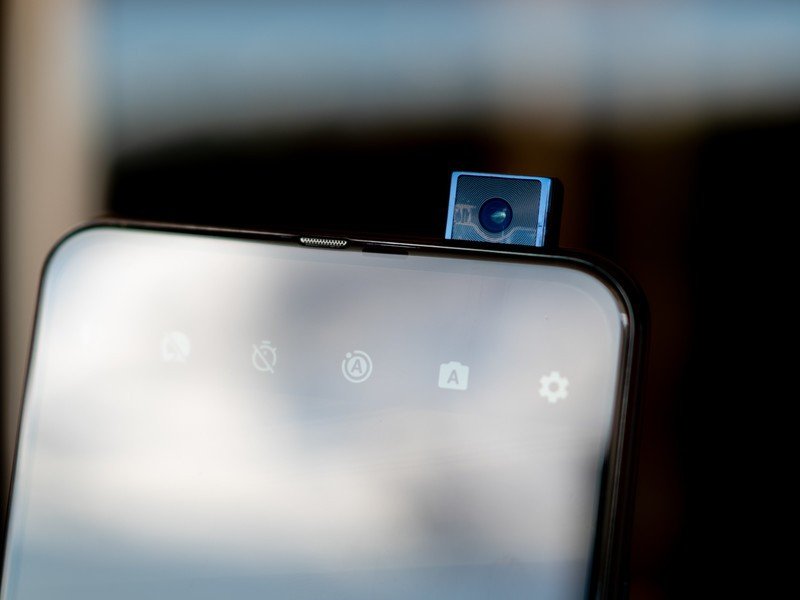
Like most of Motorola's mid-range phones, the One Hyper is powered by a relatively cheap Snapdragon platform, the S675, along with 4GB of RAM and 128GB of storage. That's fine, but not especially powerful — the GPU is particularly underpowered for 2019 — but it does the job.
There are a couple of exciting things about the hardware, though. The phone supports 45W charging, though in the U.S. for cost reasons there's only an 18W charger in the box, which nets 42% charge in 10 minutes. There's also a 4,000mAh battery and a headphone jack.
The camera is the star of the show
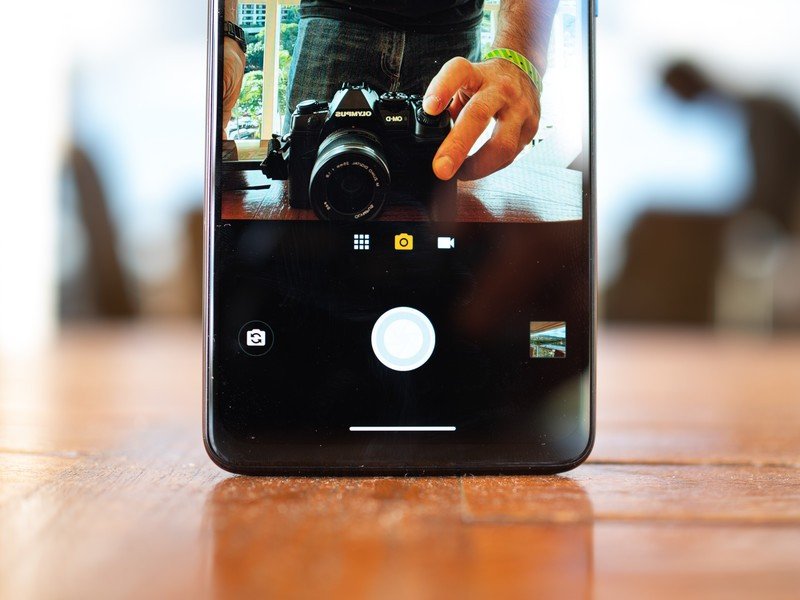
Everything else about the phone is pretty par for the course, but the 64MP Samsung sensor is the highest-resolution the company has ever shipped. It's a quad-pixel sensor by default, so it combines four pixels together to produce a 16MP shot with more detail (similar to the way Sony's 48MP IMX586 does it on the One Zoom).
There's no optical image stabilization, which is a bummer, but it's got a wide f/1.9 aperture along with an 8MP ultrawide shooter with a 118-degree field of view.
You can only use it on AT&T and T-Mobile in the U.S.
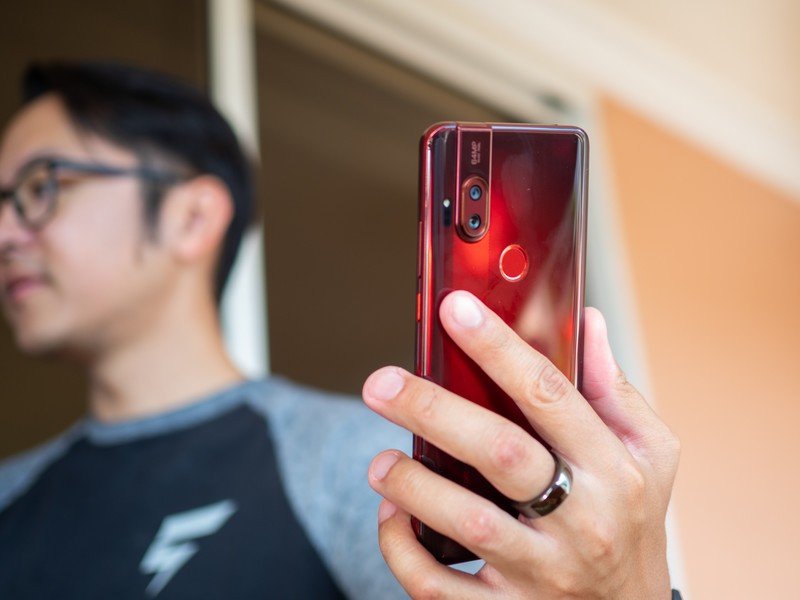
The Hyper wasn't really designed for a U.S. audience, but after the relative success of the Motorola One Zoom, it decided to bring the Hyper to the west. That means it won't work on Verizon or Sprint, or any of its MVNOs, but there are plenty of people who just want an unlocked phone that works on GSM carriers around the world.
It comes with a free Moto G6
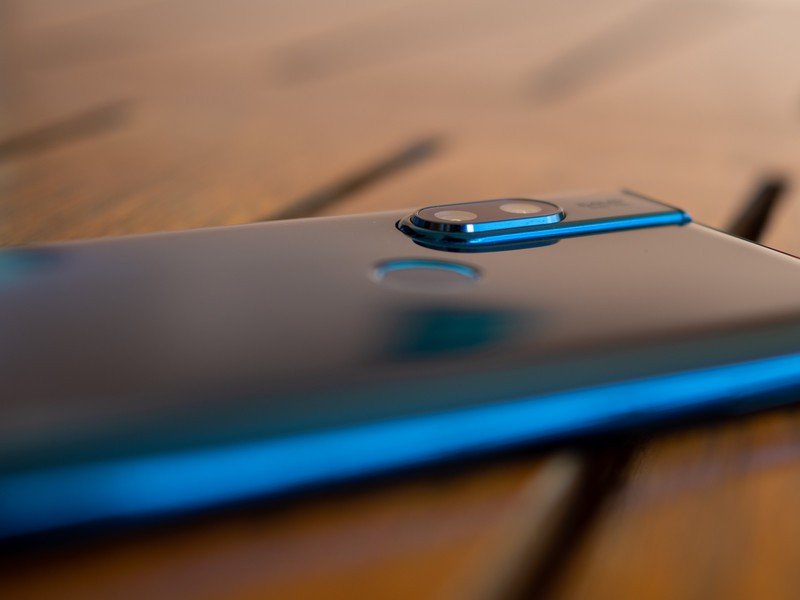
Maybe suspecting that interest would be relatively low for a $400 unlocked phone in the U.S., Motorola is throwing in a free Moto G6 or G6 Play with the purchase of every Motorola One Hyper, a gesture that bargain hunters are sure to appreciate.
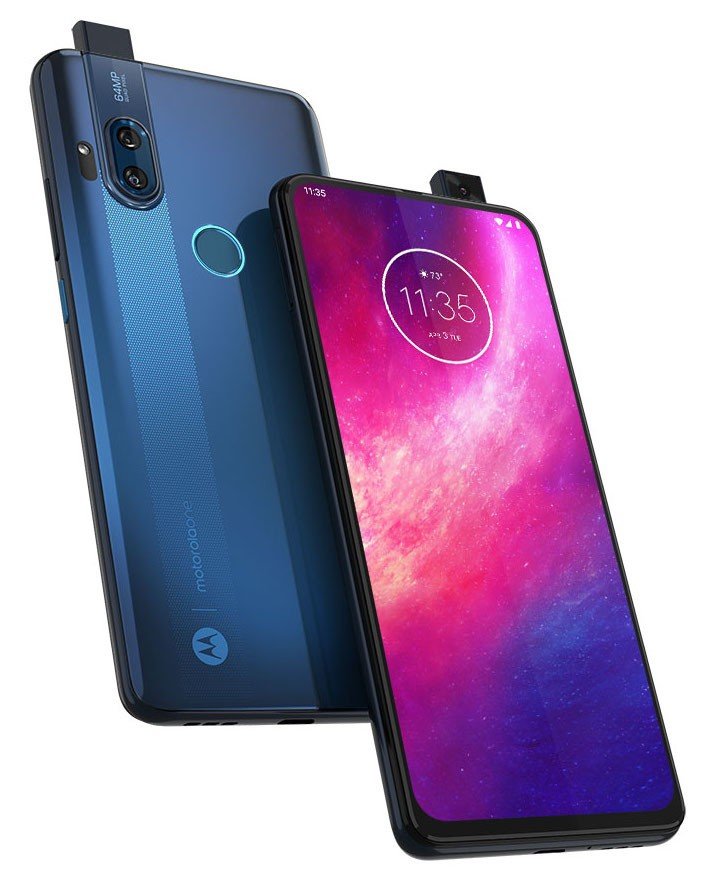
There's a good phone in there somewhere
Motorola has a brand new mid-range phone that's great-looking and has a high-resolution camera, but is otherwise pretty unremarkable. Still, for $400 there's a lot to like here, and you get a free Moto G6 when you buy it from Motorola.com.
Daniel Bader was a former Android Central Editor-in-Chief and Executive Editor for iMore and Windows Central.

